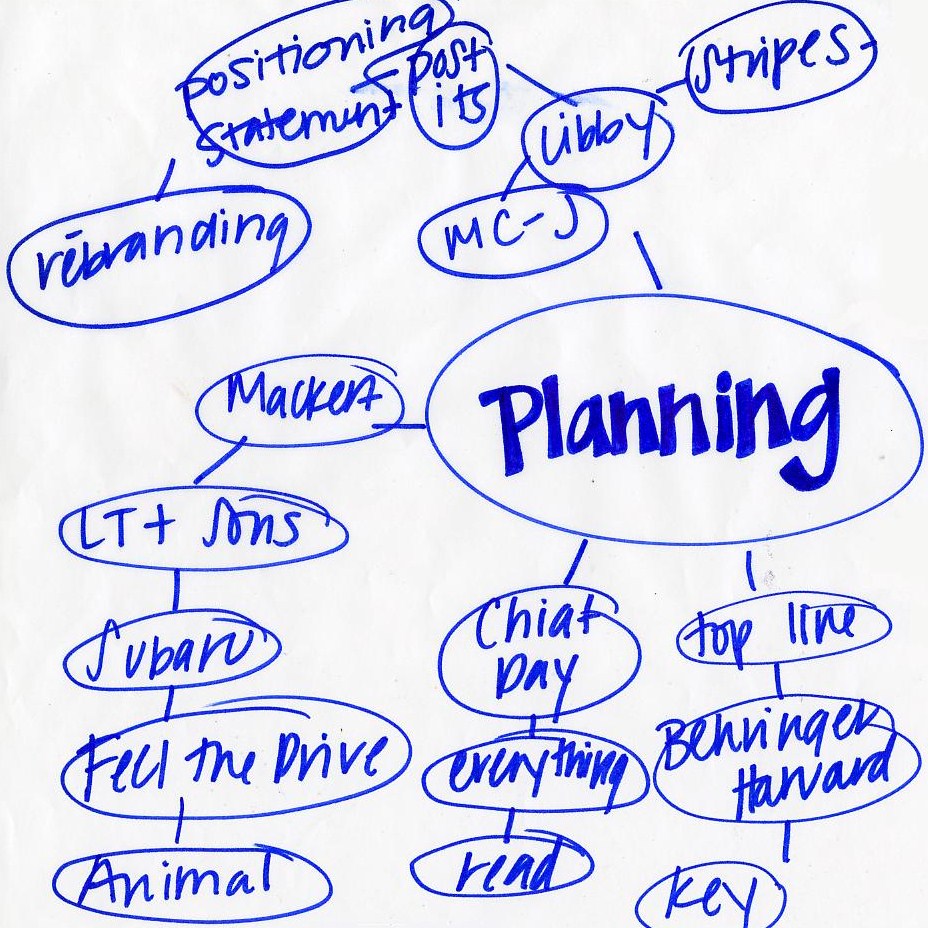In view of the tremendous changes taking place in the market, which are being felt across a wide range of sectors, the way in which the public establishes its relationships with organizations and the successive responses at platform level to accommodate this transformation, it may be justifiable to ask: "Is it even worth creating a long-term plan?".
Much to the chagrin of those who like improvisation and to take risks, the answer remains Yes. Defining objective goals is also a useful tool for directing a strategy before it is developed and for evaluating it when it is implemented. These goals clearly indicate what we are doing and are a way of measuring success.
They are also a way of measuring and correcting the less positive aspects of a strategy, allowing corrections to be made and making the path simpler, more effective and less problematic.
At the same time, they are a guide for a group of professionals with different functions who may not be able to work together if they don't have a clear objective to develop. More than just a way of evaluating the work carried out, it serves as an added factor of clarity for efficiency in an organizational context.
Even though these goals may not be immutable and will necessarily have to be reviewed from time to time, their ability to guide the work of professionals and provide a focus for the organization is undeniable and an indispensable element in the ability to manage the strategy designed for an organization.


